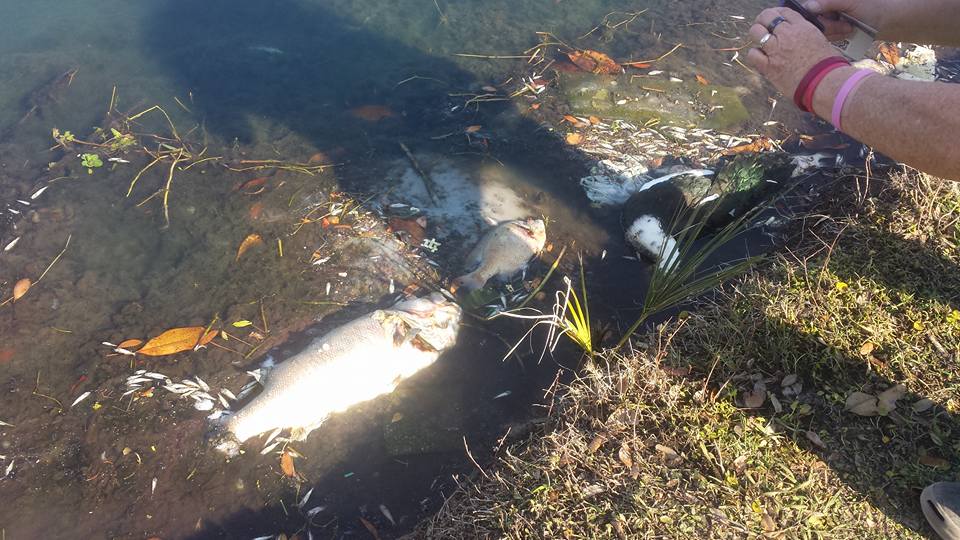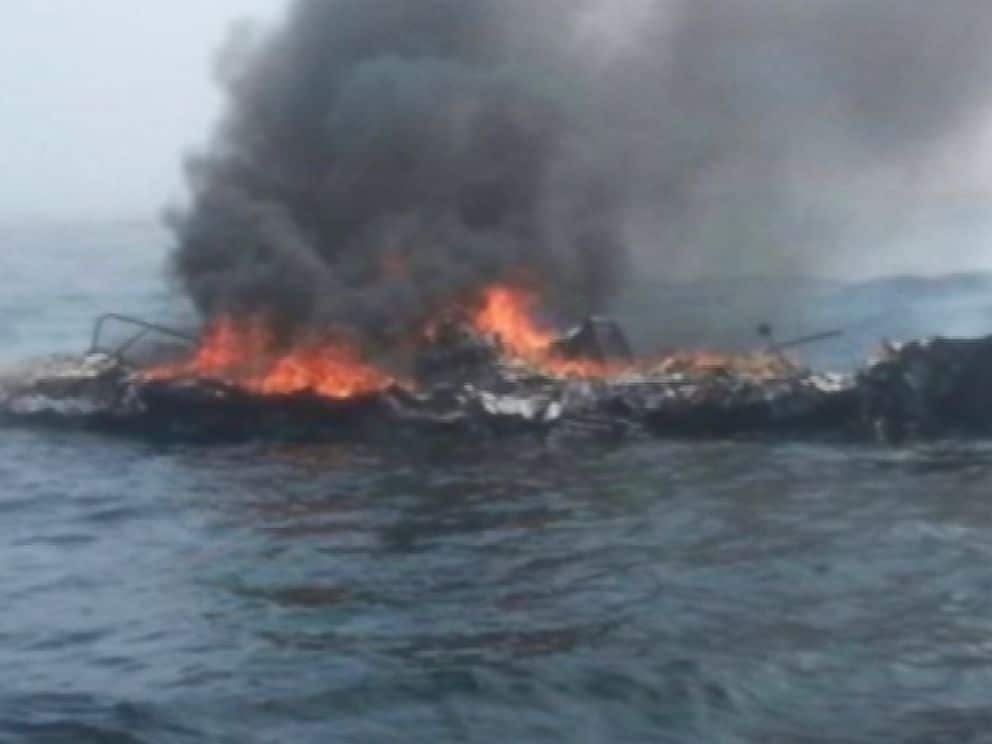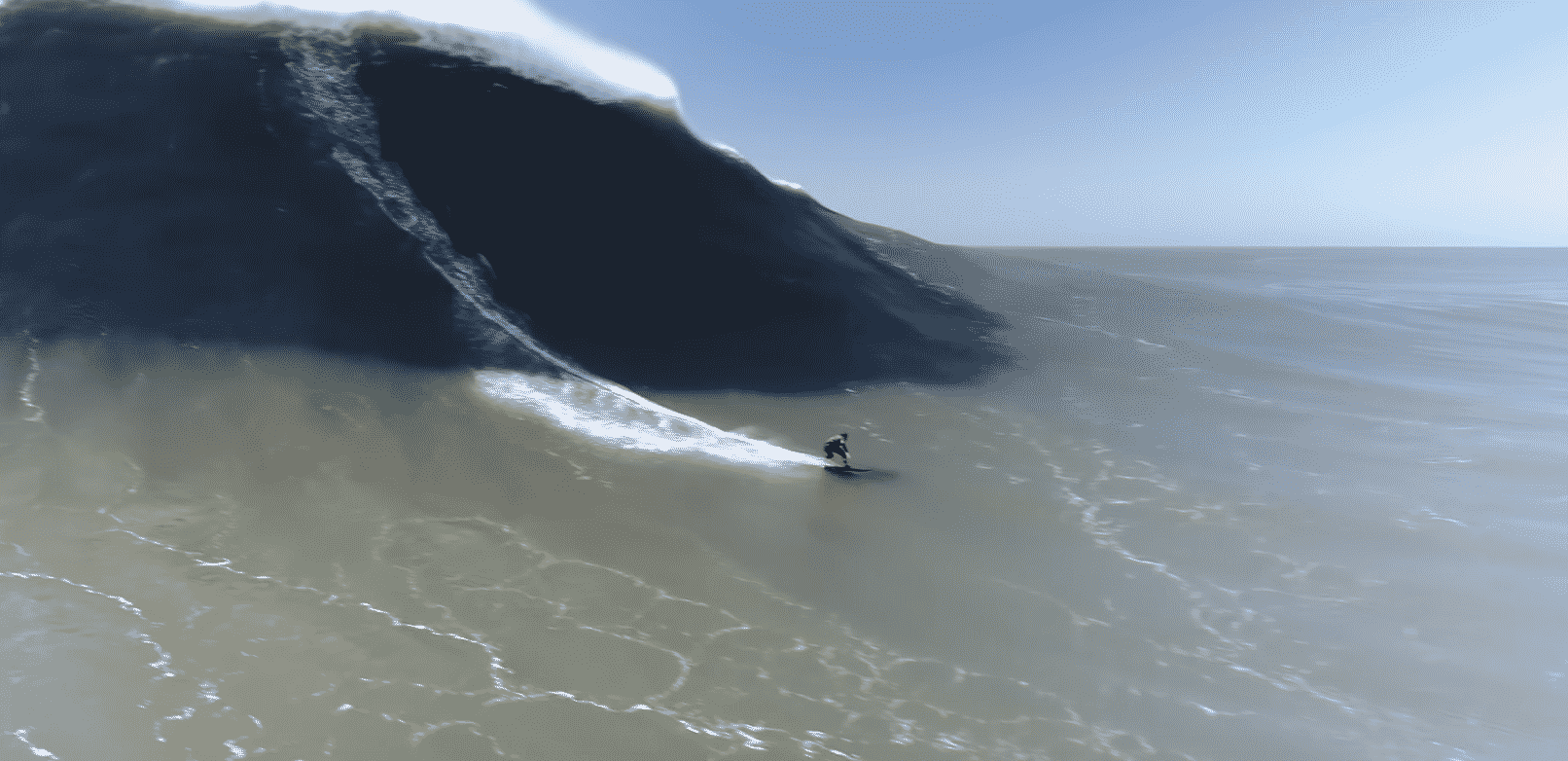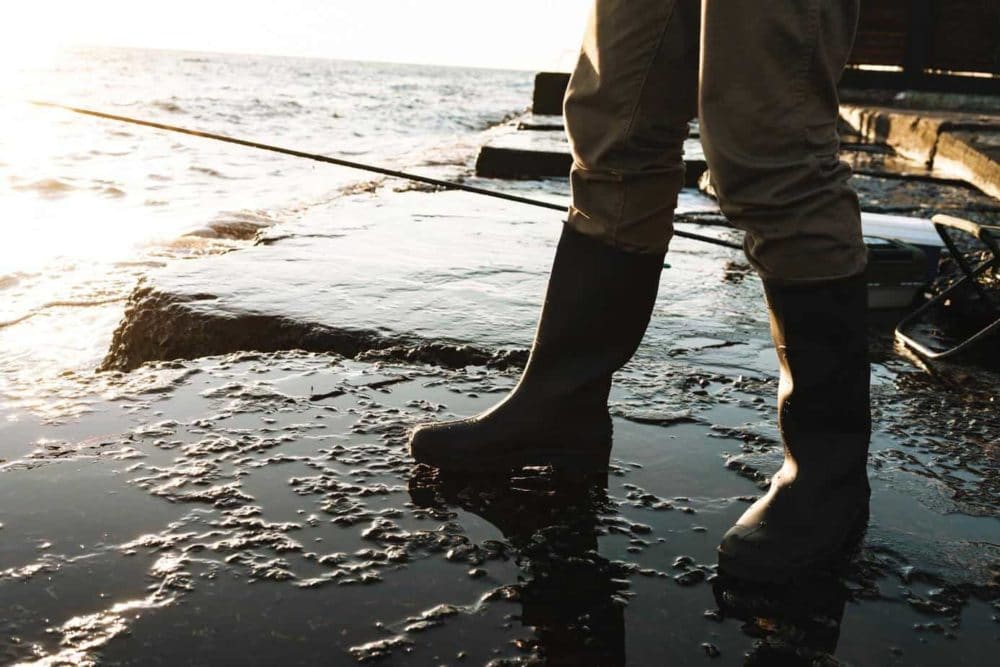
Over 700 dead fish surfaced in downtown Lake City this weekend at Lake DeSoto. The major kill has also affected additional wildlife including birds and ducks. The foul odor could be smelled several blocks away. Local inmates spent hours cleaning up the dead wildlife on Monday, but there are still more continuing to wash ashore.
Officials with the Florida Fish and Wildlife Conservation Commission told News4Jax the dead fish are bass and bluegills, and that the fish kill is a natural phenomenon caused by too little oxygen in the water. “I understand their concern,” FWC spokeswoman Karen Parker said. “This is a very popular lake. People love this lake. They fish in it. They walk around it. I walk around on it, you know. So, I understand the concern. But what people also have to understand is we have fish kills all over the state of Florida.”

Several Facebook users have posted their experiences. The main photo was posted by Jennifer Milne with the caption: “Dead fish and a dead duck. Maybe the duck’s death is unrelated, I dunno. I know a lot of people are saying the fish are dying due low oxygen in the water because of algae chems/grass spray, etc. I’ve heard several different stories now… Like I said, maybe the duck is a fluke thing. However, I don’t know about you, but I’d want to be certain.”
To report fish kills, and to see the latest count from the FWC click here: FWC Fish Kill
The full statement from the FWC is below:
A sudden appearance of dead fish in a lake or pond causes considerable concern and alarm for most people. Our first reaction is to suspect someone of poisoning the water body. Most fish kills; however, result from natural events, although people can influence their frequency and severity. Fish kills usually result from too little oxygen in the water, according to biologists with the Florida Fish and Wildlife Conservation Commission. While some result from spills or illegal discharges of toxic substances, most kills occur when oxygen dissolved in the water drops to levels insufficient for fish survival.
For a dissolved oxygen or DO related fish kill to occur, a combination of environmental conditions must occur simultaneously. Weather patterns, water temperature, depth and quality, amount and type of plant growth, fish community structure, along with the presence of viruses and bacteria, are all factors that are necessary to trigger a fish kill. Lakes, ponds, and canals located in residential areas are particularly vulnerable to DOrelated fish kills. Developed areas create runoff that contains high amounts of nutrients from septic tanks; street and yard drainage that enters water bodies and causes water quality problems. High levels of nutrients from fertilizers applied to lawns, golf courses and farms cause aquatic plants to thrive.
Ponds with high nutrient levels produce dense growths of microscopic plants called algae. When sunlight is available, algae use nutrients and produce oxygen through the process of photosynthesis. Most oxygen available to fish comes from algae. During nighttime and cloudy weather, low sunlight causes algae to switch from photosynthesis to respiration, thereby consuming oxygen needed by fish. During severe events, fish can suffocate from low DO. Most frequently, however, fish become stressed during a low DO period and become susceptible to viral or bacterial infections.
Most times, fish can tolerate temporary lags in DO levels. Fish kills occur only when several contributory factors occur simultaneously. Prolonged cloudy weather, drought conditions, overcrowded fish populations, excessive algal or other plant growths and high water temperatures are the most common factors that combine to cause fish kills. In Florida, most DOrelated fish kills occur in the warmer months from May through September, although winter cold fronts can also trigger DO lags. A typical scenario occurs when fish are observed at the water surface appearing to gasp for breath. Fish usually continue to die from viral or bacterial infections for 34 days. Most of the time, this occurs after a period of rainy or cloudy weather.








